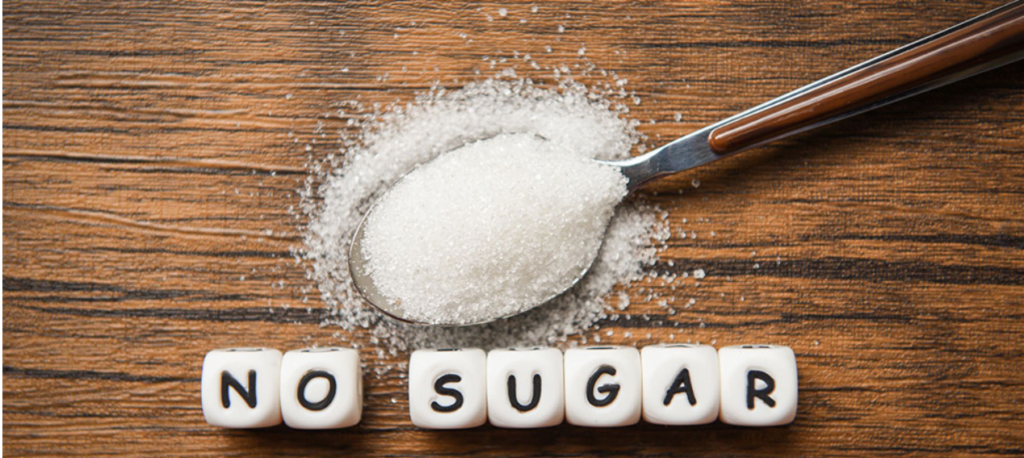
Overview of the relationship between diabetes and sugar substitutes
Sugar substitutes are important in diabetes management. Using appropriate sugar substitutes in moderation can allow patients to enjoy the sweet taste while reducing the risk of blood sugar fluctuations, which helps maintain blood sugar stability. For example, erythritol and xylitol are metabolized differently from traditional sugars and have less impact on blood sugar. However, patients still need to reasonably choose and use sugar substitutes under the guidance of a doctor or nutritionist.
Classification and characteristics of common sugar substitutes
Natural sweeteners
Natural sweeteners are usually safer and have a good taste experience. Honey not only has a mellow taste, but also contains certain nutrients, but the calories are relatively high. Mogroside is high in sweetness, low in calories, and has certain health benefits, such as lowering blood sugar and blood pressure.
Sugar alcohol
The sweetness of xylitol is about 65% of that of sucrose, and its glycemic index is about 7. It has a slow and low effect on the increase of blood sugar after a meal. It is often used in products such as chewing gum and mints, but excessive consumption may cause digestive problems.
Erythritol has low sweetness, almost zero calories, and a refreshing taste. It is suitable for all kinds of low-sugar foods, but it may also cause gastrointestinal discomfort.
Artificial sweeteners
Aspartame is about 200 times sweeter than sucrose. It is highly sweet and low in calories, but may leave a bitter or metallic taste.
Sucralose is 600 times sweeter than sucrose and has good stability. However, long-term and excessive intake may pose potential health risks, such as affecting appetite and changing intestinal flora.
Analysis of the advantages and disadvantages of sugar substitutes
Advantages
- Low calorie: Most sugar substitutes such as aspartame and erythritol have very low or almost zero calories, and are suitable for people who need to control calorie intake to lose weight or maintain weight, especially diabetic patients.
- Control blood sugar: Sugar substitutes will not cause large fluctuations in blood sugar, which helps diabetic patients stabilize their blood sugar levels and avoid damage to the body caused by high blood sugar.
- Anti-caries: Many sugar substitutes are not used by bacteria in the mouth to produce acidic substances, which can reduce the risk of tooth decay and is beneficial to oral health.
Disadvantages
- Indigestion reaction: Some sugar substitutes such as sorbitol and maltitol are not easily digested and absorbed by the human body. Excessive consumption may cause digestive discomfort symptoms such as bloating and diarrhea.
- Impact on appetite and metabolism: Studies have shown that long-term and excessive use of certain sugar substitutes may interfere with the body’s perception of food sweetness, affect appetite regulation, lead to metabolic disorders, and increase the risk of obesity and type 2 diabetes.
- Potential health risks: Some artificial sweeteners, such as sucralose, may pose unknown health risks if consumed in large quantities over a long period of time. Although the conclusions of relevant research are not yet clear, they still need to be treated with caution.
